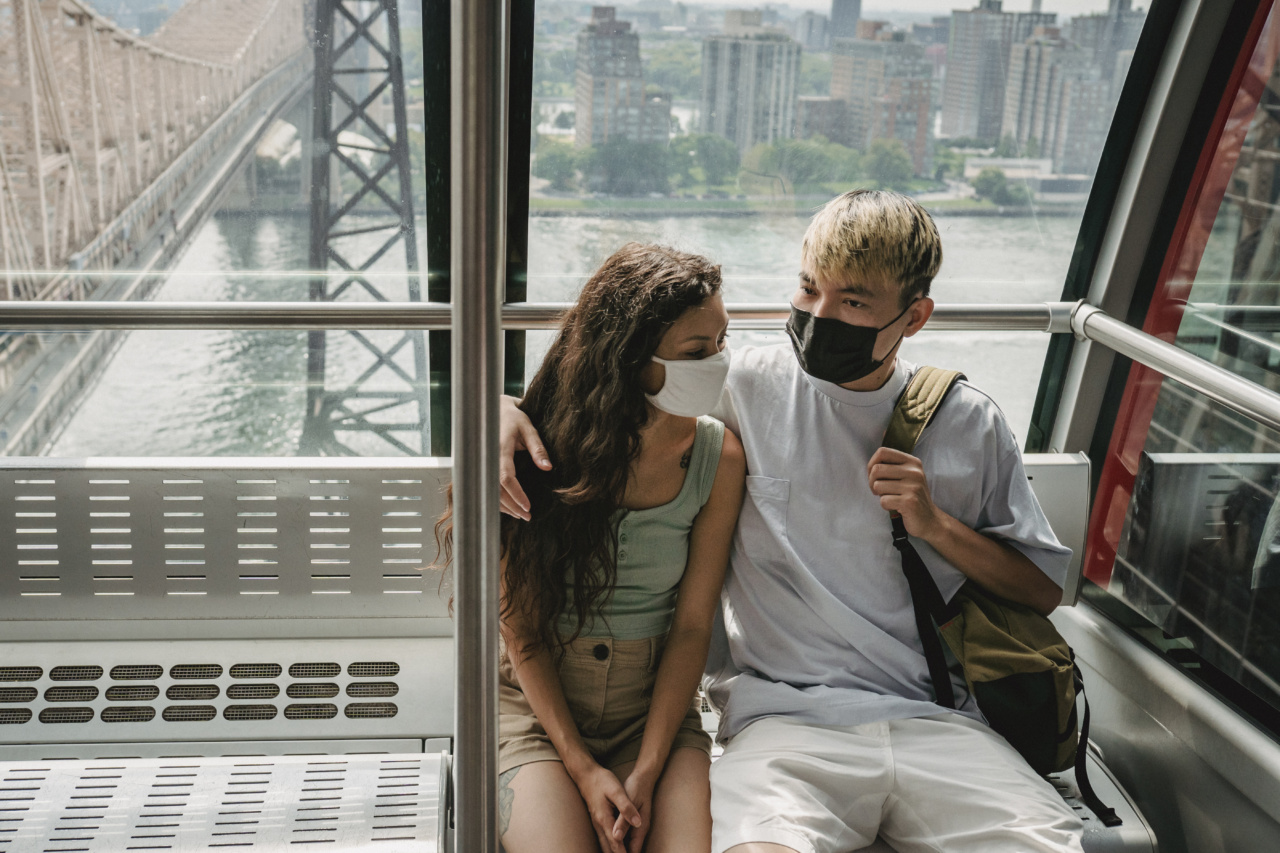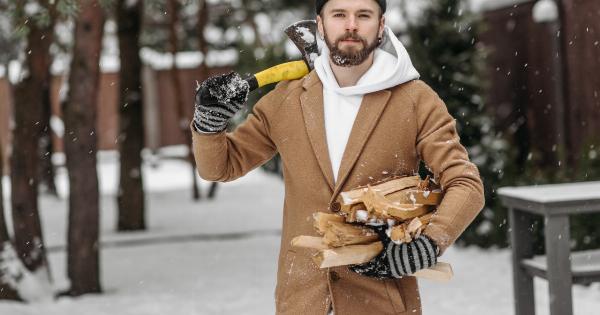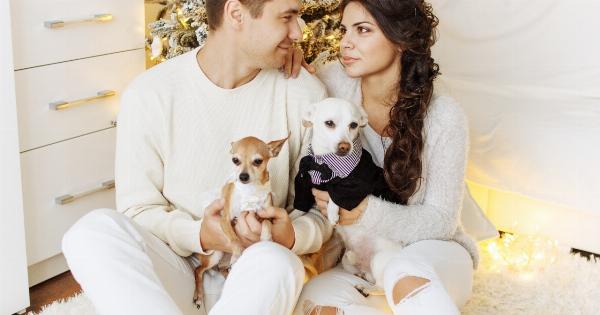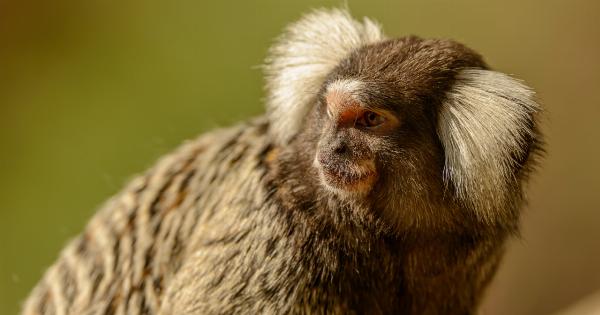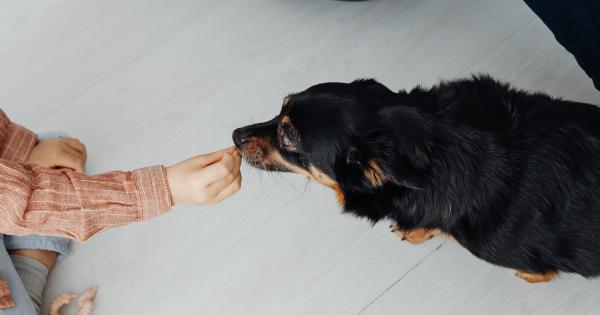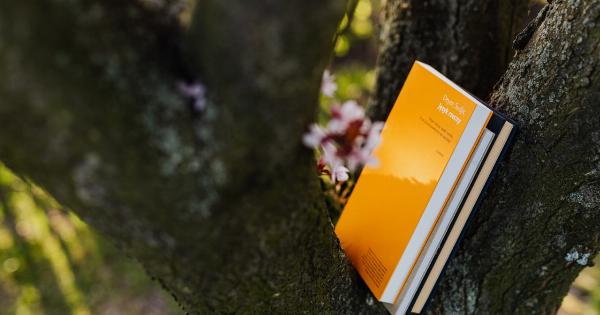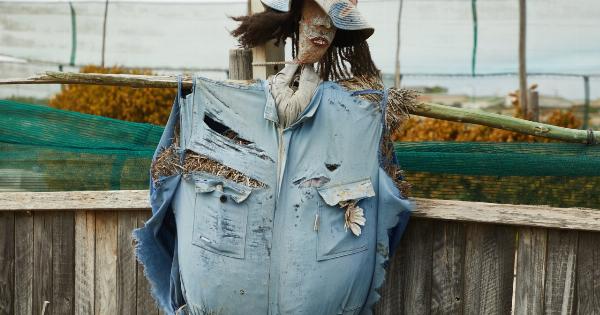The holiday season can be a joyful time for pet owners and their furry friends, but it can also pose several dangers to pets.
From the decorations to the treats and the festivities, there are several risks that pet owners need to be aware of to keep their furry friends safe and healthy. In this article, we will discuss three common holiday risks and ways to protect your pets from them.
1. Toxic foods and treats
During the holiday season, there are plenty of delicious foods and treats around that can be toxic to pets if ingested.
Chocolate, for instance, can be harmful to dogs and cats, causing symptoms like vomiting, diarrhea, and in severe cases, seizures and death. Grapes and raisins are also toxic to dogs and can cause kidney failure. Other foods that pets should avoid during the holidays include:.
- Alcohol
- Onions and garlic
- Macadamia nuts
- Raw bread dough
To protect your pets from these toxic foods and treats, make sure to keep them out of reach. Store them in cabinets or on high shelves where your pets cannot access them. Warn your guests not to feed your pets, especially table scraps or human food.
Also, make sure to provide your pets with safe and healthy treats made specifically for them.
2. Dangerous decorations
Decorating your home for the holidays can be fun, but it can also pose several dangers to your pets. Tinsel, for example, can be enticing to cats, but if ingested, it can cause serious intestinal damage that may require surgery.
Christmas trees and their decorations can also be dangerous to pets. Broken ornaments, sharp hooks, and electrical cords can all be hazardous to dogs and cats.
To protect your pets from dangerous decorations, consider these tips:.
- Secure your Christmas tree to prevent it from falling over. You can use a sturdy tree stand and anchor it to the wall or ceiling.
- Choose unbreakable ornaments or hang them higher up on the tree where your pets cannot reach them.
- Keep electrical cords out of reach and unplug them when not in use.
- Avoid using tinsel or ribbon if you have pets, or use it sparingly and supervise your pets around it.
3. Stress and anxiety
The holiday season can be a stressful time for pets, especially if they are not used to having visitors or changes in their routine. Loud noises from fireworks or holiday parties and unfamiliar guests can all contribute to stress and anxiety in pets.
Signs of anxiety in pets include panting, shaking, hiding, and destructive behavior.
To help relieve your pets’ stress and anxiety during the holiday season, consider these tips:.
- Try to keep your pets’ routines as normal as possible. Stick to their regular feeding and exercise schedules.
- Create a safe and quiet space for your pets to retreat to if they feel overwhelmed. This can be a separate room with their bed and toys.
- Use calming products like pheromone sprays or diffusers, or consider talking to your vet about anti-anxiety medications.
- Keep your pets away from loud noises and crowds, and warn your guests not to startle or disturb your pets.
By taking these precautions, you can protect your pets from the most common holiday risks and ensure that they have a safe and happy holiday season.
